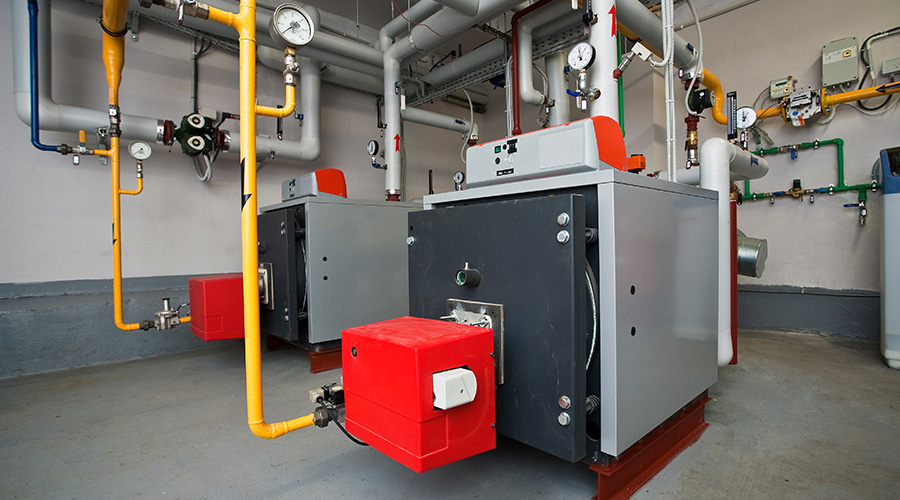Determining The Correct HVAC Equipment Replacement
If you're replacing or retrofitting HVAC equipment, how do you determine exactly what you need instead of simply replacing like for like?
When replacing expensive equipment, it is always best to determine exactly what you need. Unfortunately, it is seldom done. Lack of time and/or resources leads to the easiest way out, i.e., a like-for-like replacement. Fortunately, today many replacements are more efficient than their earlier counterparts. This is good, but it is not the whole answer.
To determine exactly what equipment to buy, you need a thorough energy analysis. Over the years the space use may have changed, sensors may have drifted out of calibration, adjustments in control sequences might have affected how well systems work together, and some more efficient items, e.g., lighting, may already be in place. This changes the original load on the equipment, and consequently the specifications for what is needed.
For a smaller system, there may be people on your team who can do that analysis. For a larger, more complex system, hire an engineer. Or you might get help from a trusted supplier who is a good systems and equipment engineer, and who can look at the bigger picture rather than simply a piece of equipment that he or she is going to sell you. Your service contractor might be another source, but make sure they know exactly what you want from them.
Answers provided by James L. Newman, CEM, LEED AP, ASHRAE OPMP & BEAP, owner/managing partner of Newman Consulting Group, LLC, consultants for energy efficient and sustainable buildings. The firm has extensive experience with audit, upgrades and energy efficiency performance improvements in existing buildings. He can be reached at jimn@newmanconsultinggroup.us.
Related Topics:














